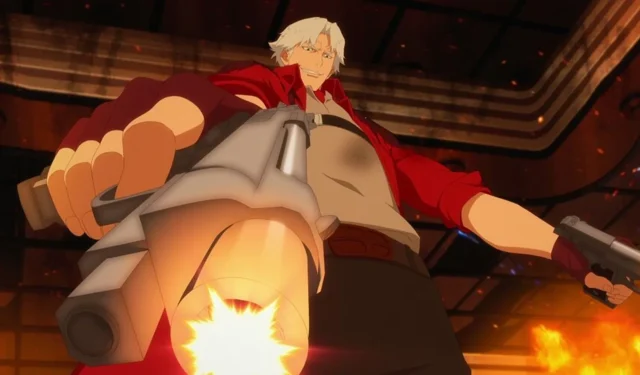Netflix’s foray into animated adaptations of video games has shown promise, with **Devil May Cry** standing out as an interesting, albeit imperfect, entry in this growing genre. Based on the famed game franchise, the show takes its time to delve into the intricacies of its fantastical world, often indulging in lengthy expositions that, while crucial, occasionally disrupt the overall pacing. Despite these initial hiccups, the series reveals unexpected layers of depth and originality in its later episodes, which can be quite captivating.
The landscape of modern anime and adult animation demands more than just stunning visuals and adrenaline-pumping fight scenes; these elements are now prerequisites to engage the audience. **Devil May Cry** quickly establishes this foundation, featuring Dante, portrayed by Johnny Yong Bosch, as a charismatic protagonist. His blend of strength, humor, and a hint of immaturity makes him both relatable and compelling—qualities that resonate well within his character archetype. His partner, Mary (voiced by Scout Taylor-Compton), although fitting the mold of a typical supporting character, also evolves, adding more richness to their interactions over the course of the series.
Pacing Issues: A Desire for More Immediate Action in Devil May Cry
Engaging Storyline with a Slowly Unraveling Plot
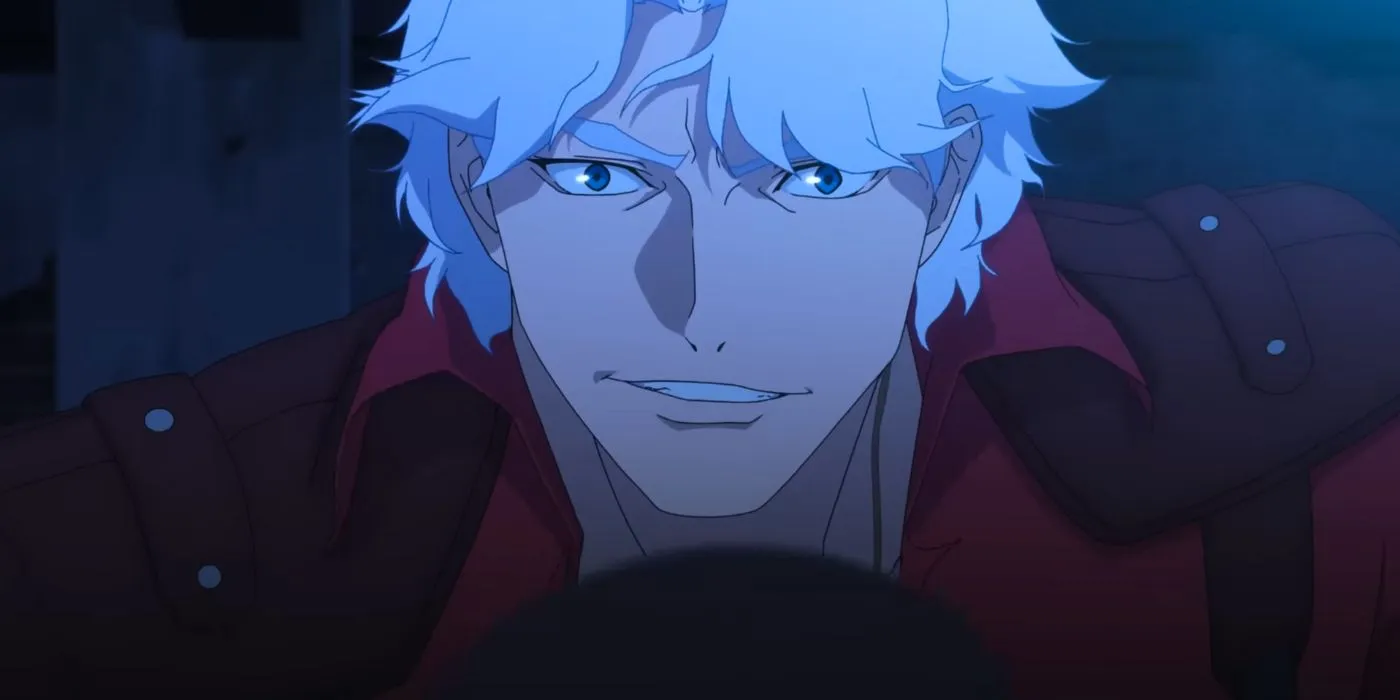
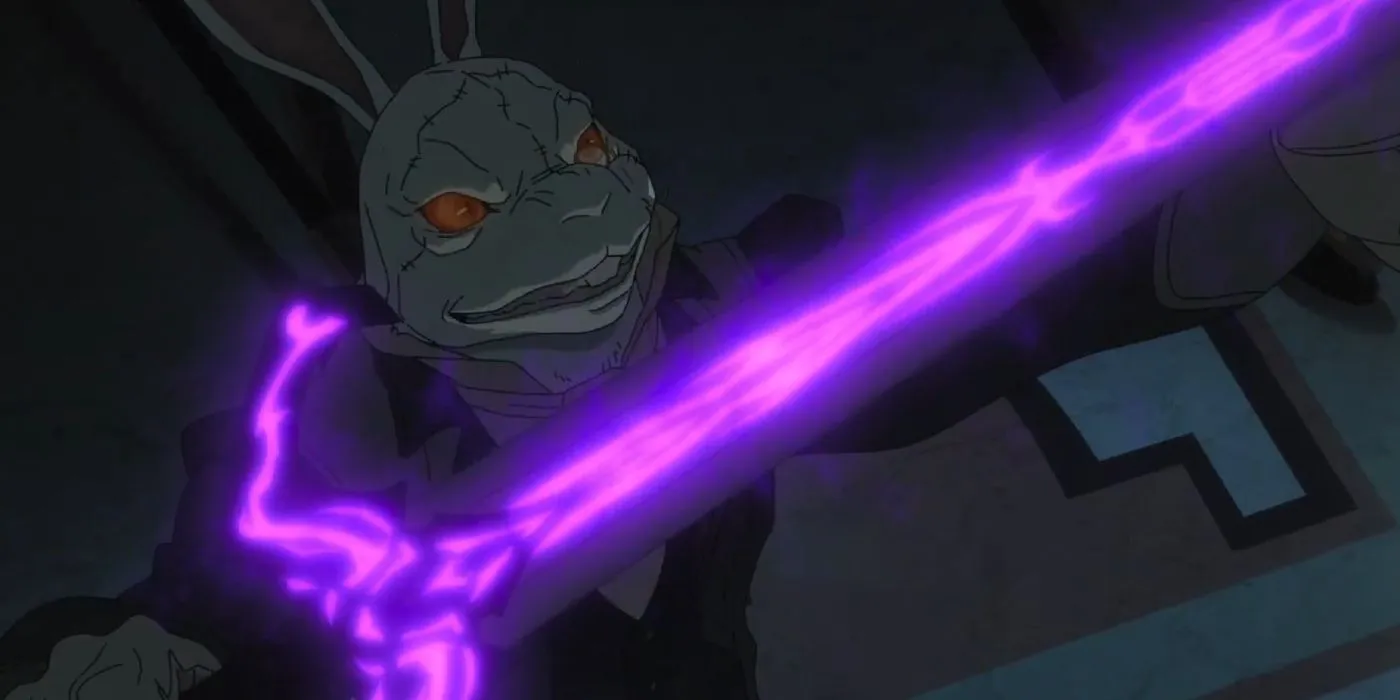
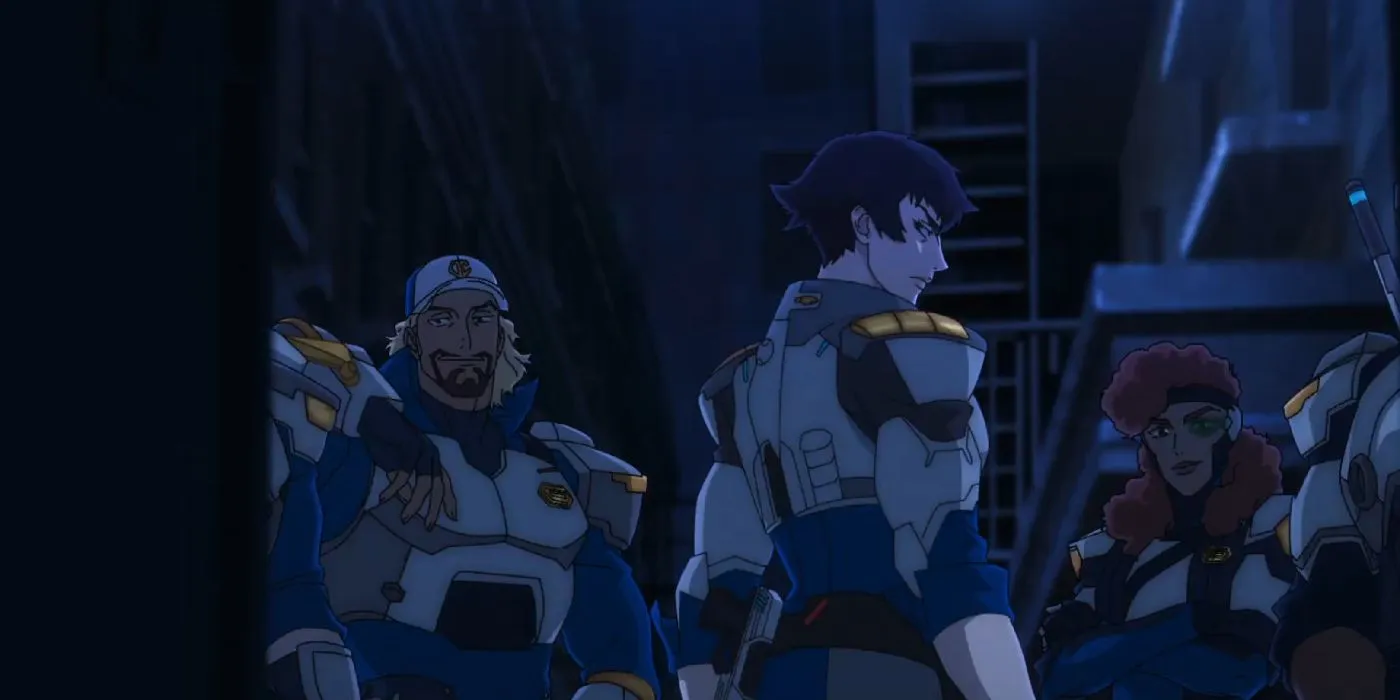
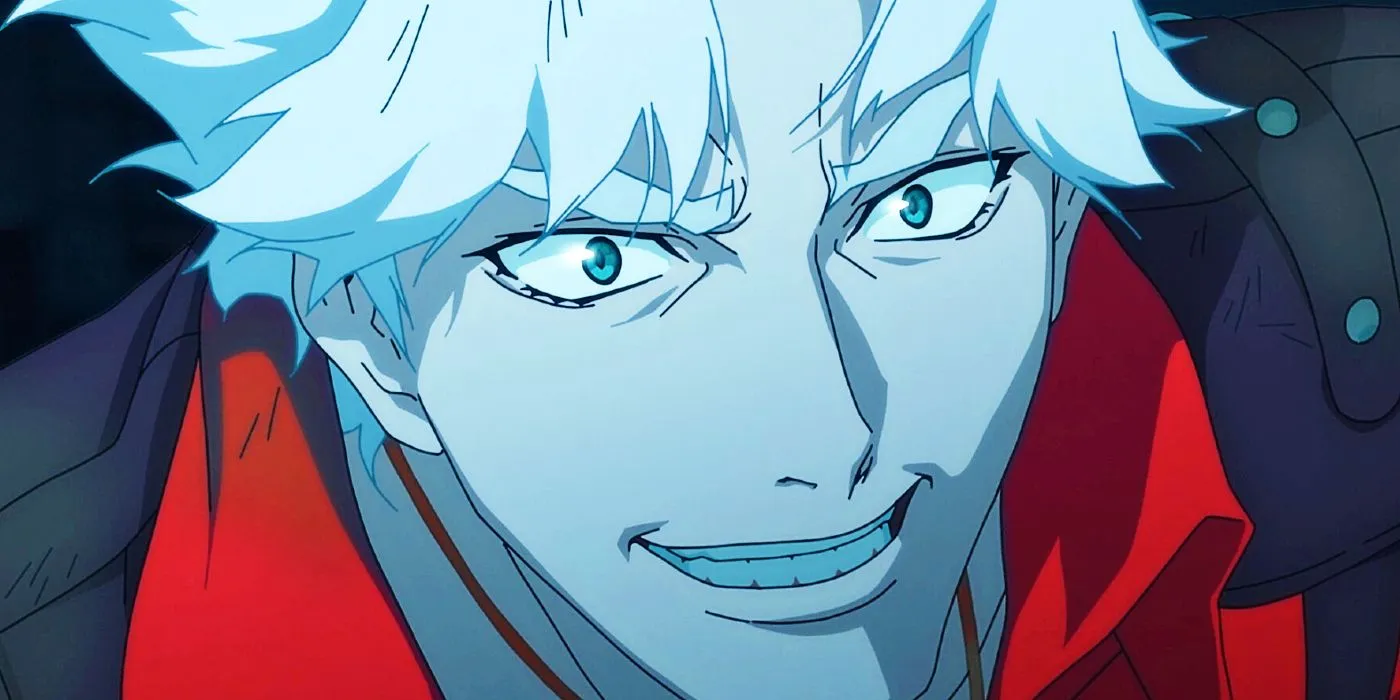
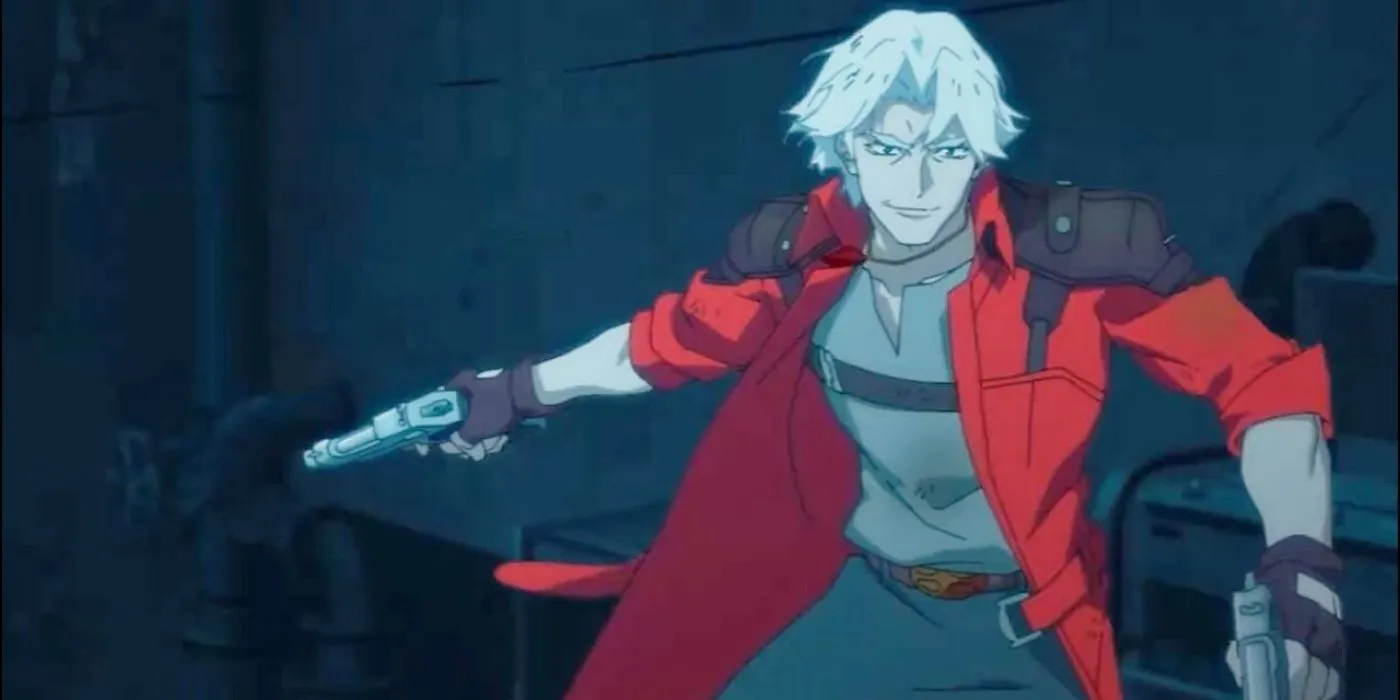
While **Devil May Cry** includes influences from various sources, notably religious texts and earlier anime like **Trigun**, these references contribute to its unique atmosphere. However, the series can feel overly reliant on its inspirations—especially concerning action choreography and character design. Fans of the genre will appreciate the intense visuals that evolve into more audacious, albeit gory, territory. Nonetheless, the wait for these engaging moments can feel prolonged.
It wasn’t until episode six that I found myself genuinely intrigued by **Devil May Cry**, as the narrative finally began to resonate. Admittedly, this late-in-the-season turnaround is concerning for an eight-episode series, yet the final third effectively compensates for earlier pacing flaws. Unfortunately, overall character development, notably for Dante himself, still lags behind what’s needed for the series to achieve greatness. However, it does hint at a unique narrative potential.
The series’ soundtrack deserves mention, striking an emo and horror-infused chord. Although some musical selections teeter towards the playful rather than somber, they help balance the series’ more lighthearted moments with its intense themes. **Devil May Cry** embraces its tonal shifts, demonstrating a reluctance to be pigeonholed as strictly a horror or comedy series—a decision that’s understandable within this stylistic genre.
The character known as the White Rabbit serves as an intriguing villain, layering his motivations with unexpected depth. While his ambition to merge the demon and human worlds is presented as overtly antagonistic, the show fosters a nuanced understanding of his character, making him more compelling than both Mary and Dante at times. This disparity in emotional engagement is a missed opportunity the series must address in any potential future seasons.
Delving Deeper: The Underlying Themes of Devil May Cry
A Willingness to Explore Political Themes
The juxtaposition of juvenile humor against the backdrop of serious themes, especially towards the conclusion of the first season, can be quite jarring. Throughout its run, **Devil May Cry** raises the stakes significantly, culminating in an unexpectedly bleak finale. This transition effectively paves the way for a potential second season, even if its cliffhanger aspect felt predictable. Should Netflix choose to continue the series, I would be keen to see its trajectory.
At its core, **Devil May Cry** does not shy away from critiquing aspects of American imperialism and exceptionalism. The narrative grapples with serious implications, surpassing the typically flippant demeanor of its protagonist, Dante. Ideally, I wish to feel as connected to him and his challenges as I do with the overarching narrative and White Rabbit’s emotional journey; however, Dante’s humor often keeps viewers at a distance. Nonetheless, this series encapsulates a larger vision that, with refinement and development, possesses substantial promise.
